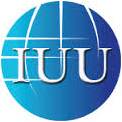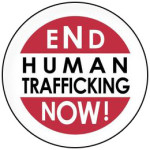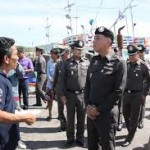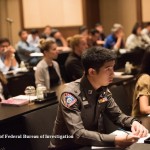
Over 1,500 ships have been fitted with monitoring systems, tracking stations are nearly complete, and laws and policies are being amended as part of a comprehensive response by the Thai authorities aimed at eliminating illegal, unregulated and unreported (IUU) fishing.
Founded in May, the Command Center for Combatting Illegal Fishing is at the heart of Thailand’s response to a problem plaguing the Kingdom, as well as many other maritime nations in the region and the world. With one of the largest commercial fishing fleets in Southeast Asia, and $7 billion a year fishing industry, the challenge facing Thailand is enormous. Those working at the Center believe they are up to the task.
Thailand is determined to reform its fishing industry because of two serious problems: IUU fishing and human trafficking. Illegal fishing is damaging the Kingdom’s marine ecosystems and destroying the livelihoods of small fishers and coastal communities. Human trafficking of workers onto fishing vessels destroys lives and damages the Kingdom’s international reputation.
Sweeping changes, however, can be painful. Some boat owners, captains and crews have petitioned the government to stop or delay the serious steps being implemented. Thai authorities, however, are committed to moving forward. The cost to the environment, human lives and the country’s reputation demands it.
To facilitate the changes, the Command Center is overseeing amendments to the Fisheries Act in consultation with the legal team and technical experts from the Department of Fisheries to ensure all laws will meet strict international standards. The Center is also moving forward with plans to ratify the United Nations Fish Stock Agreement and the Port State Measures Agreement. These will commit Thailand to more effective monitoring of fish stocks and the vessels that are fishing its waters.
The Department of Fisheries is also working with experts formerly with the Food and Agriculture Organization (FAO) of the U.N., and from Japanese universities to upgrade its fisheries management policies to assess stocks and vessels more accurately. Technical trainings are underway to raise the capacities of Thai officials involved in managing fisheries.
Surveillance of the seas in and around Thailand has been taking place since October 2014. Since then, 451 inspections stops have been made that found 827 out of 3,409 fishing vessels did not have proper fishing licenses. At present, 443 prosecutions have been launched against offenders.
A total of 1,422 vessels greater than 60 tons and that fish in Thai waters have already installed vessel-monitoring systems so that authorities can trace where they are fishing. Another 78 vessels greater than 60 tons and that fish in international waters have also installed the systems.
Tracing the origins of catch is as important as tracing the vessels themselves. Inspections at landing states and in transfer operations to seafood processors are being stepped up. Manuals with the latest techniques in tracing catches have been prepared and distributed to inspectors and officials, along with training sessions being held to improve their skills and capacities.
Prime Minister Prayut Chan-o-cha has cautioned, however, that reforming an industry that had not seen significant reforms in decades while growing to immense proportions is a task that will take time. Thai officials involved, however, are confident that they will succeed.
Thailand Focus August 10, 2015




